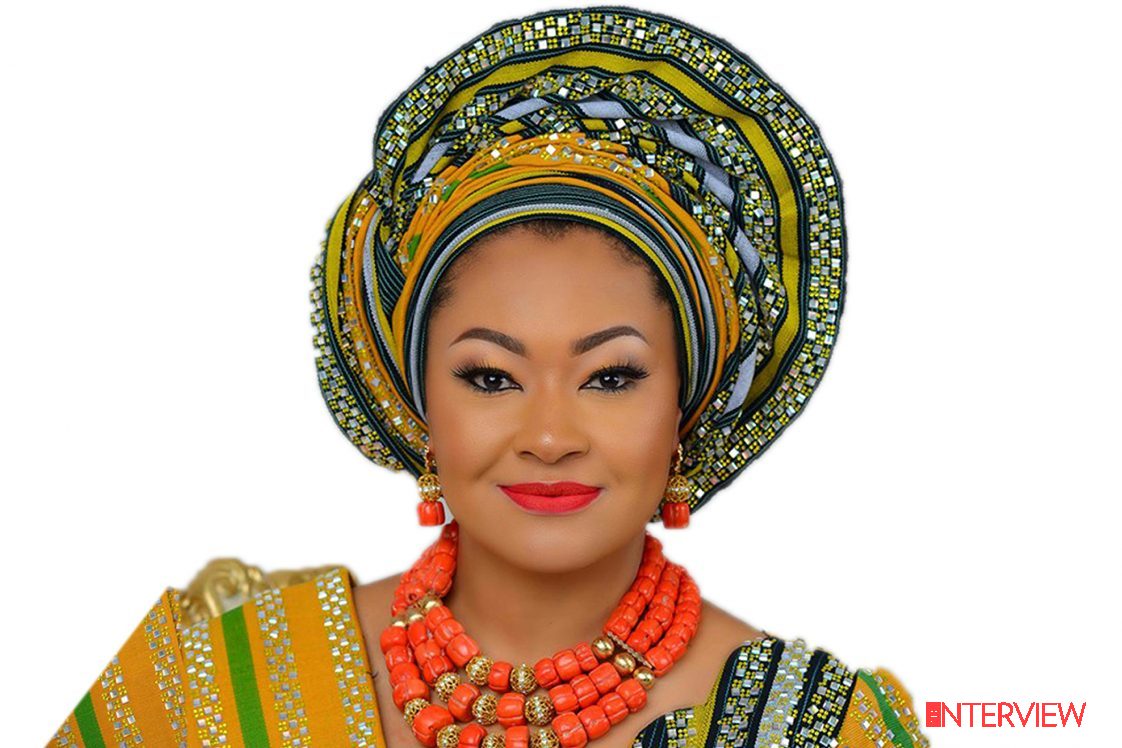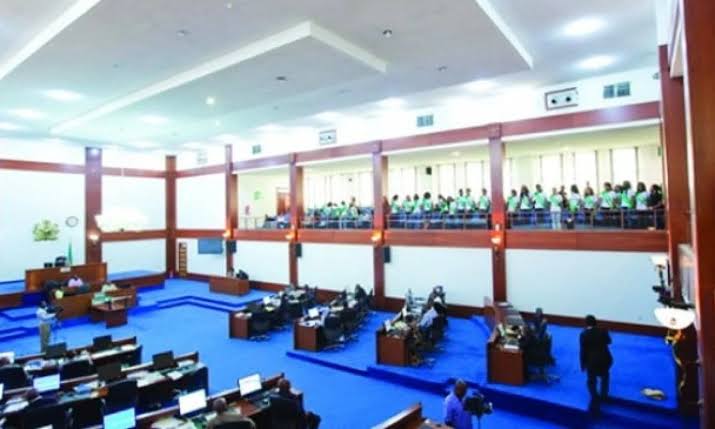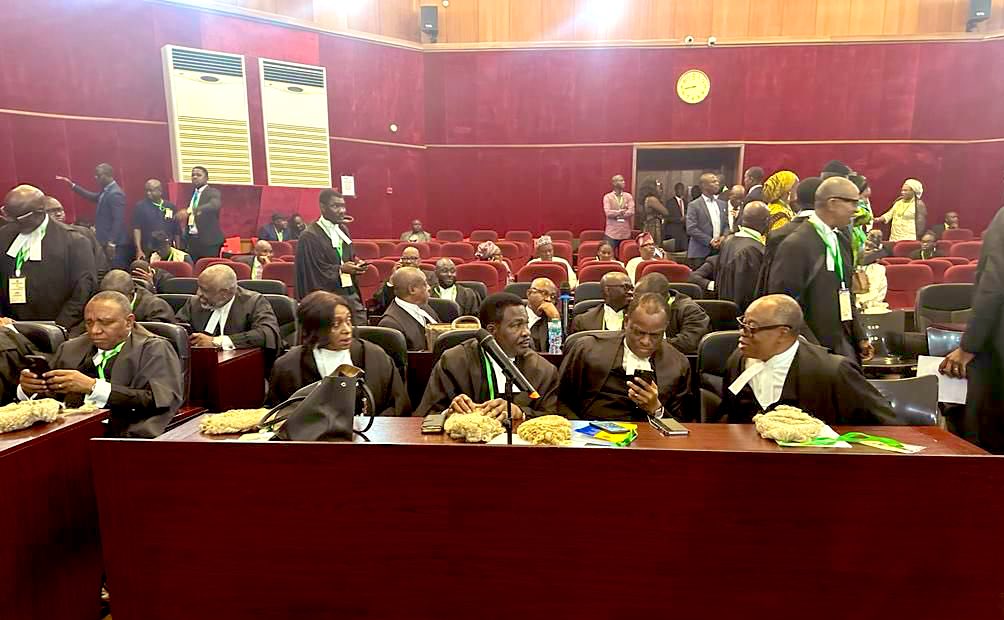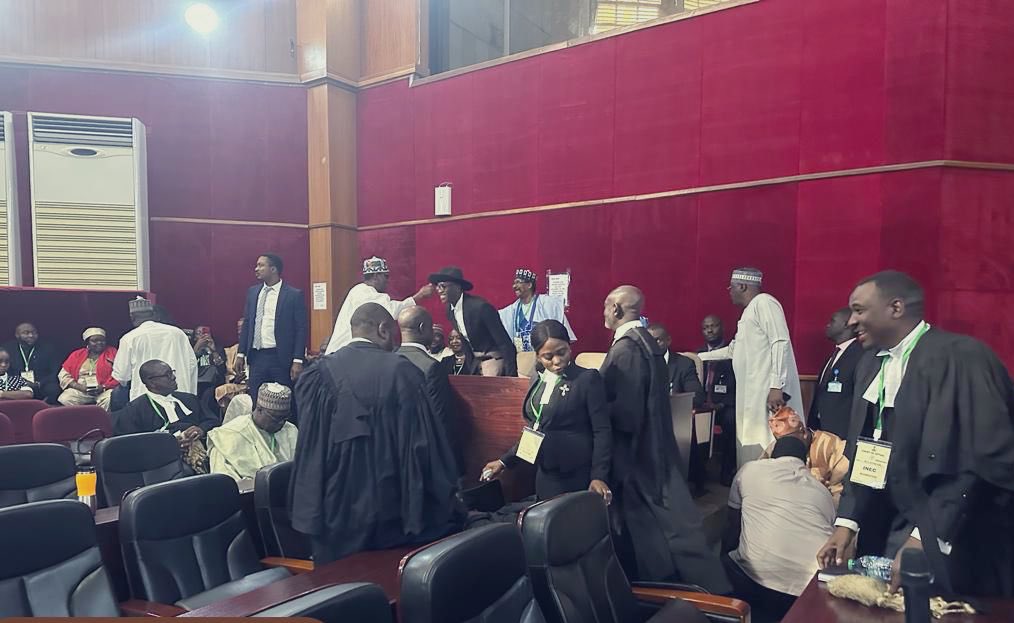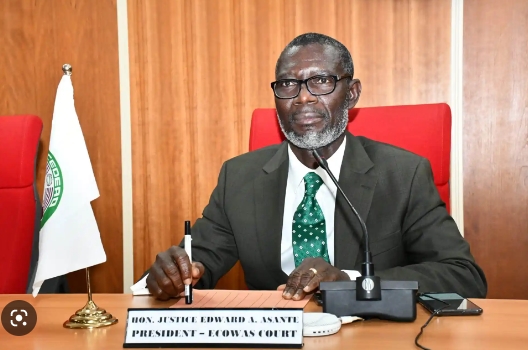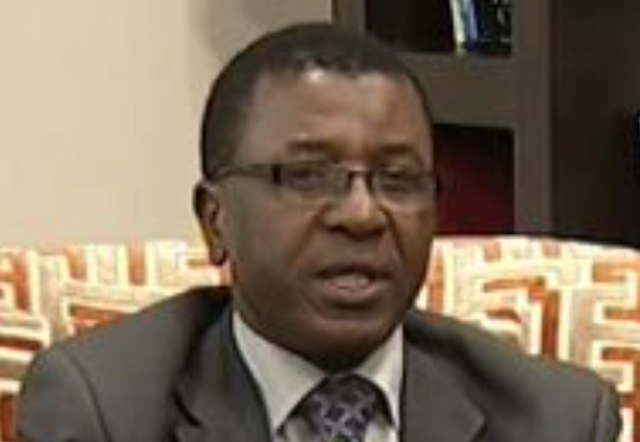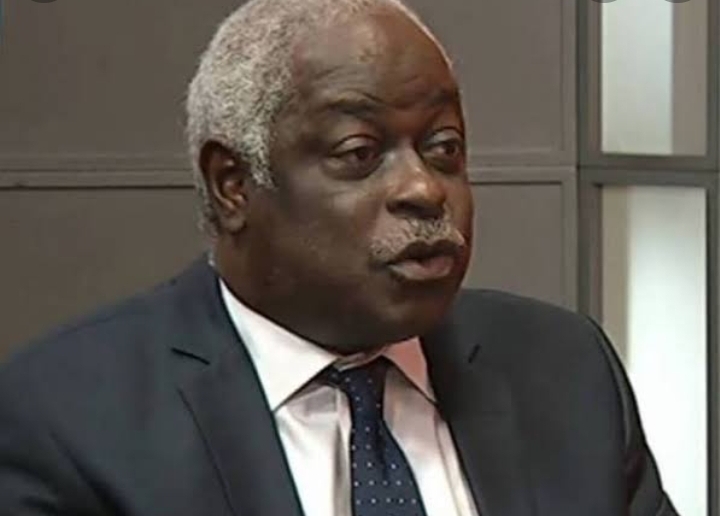By
Olufemi Aduwo
In the interpretive hierarchy of judicial pronouncements, it is an elementary but enduring principle of law that obiter dicta, however persuasive or pronounced from the loftiest judicial altars, do not assume the force of law. The binding component of a judgment is the ratio decidendi – that is, the legal principle or rationale underpinning the decision, and not the ancillary observations, philosophical musings, or moral exhortations of the bench.
In the matter involving Senator Natasha Akpoti-Uduaghan, the pronouncements of Hon. Justice Binta Nyako, in so far as they relate to the suggested recall of the Senator during the pendency of her disciplinary suspension, amount to no more than judicial advisories. The court, in its wisdom, did not issue a mandatory order of mandamus, declaratory relief, or injunctive decree compelling the Senate to take immediate steps towards reinstating the suspended legislator.
Judicial enforceability is not triggered by oblique inferences or moral nudges cloaked in robes of legal commentary. A valid and enforceable judicial directive must be expressed in unequivocal, operative terms, preferably located in the dispositive segment of the judgment, and must be accompanied by a consequential order capable of execution through the coercive apparatus of the State.
The absence of any such operative relief in the instant case renders any reference to reinstatement legally impotent. No institution, including the National Assembly, is under a legal obligation to act upon a judicial observation that is not tethered to an enforceable command.
Indeed, the Supreme Court has in numerous authorities reaffirmed that obiter dicta, while useful for academic, policy, or interpretive guidance, cannot metamorphose into binding law. In Global West V. Democratic Peoples Party (2016) LPELR-40053(SC), the apex court reiterated that “opinions which are not necessary for the resolution of the issues before the court do not constitute binding precedent.”
Thus, in the instant case, any narrative seeking to equate a judicial obiter with a binding legislative compulsion is a gross distortion of both legal principle and procedural propriety. Courts are not advisory councils; when they intend to bind, they do so with the unmistakable force of law, not with advisory innuendo.
Consequently, it is legally untenable for any party to predicate action on an observation that lacks the defining features of an enforceable judicial act. The Senate, as a coordinate arm of government with constitutionally protected autonomy in regulating its internal procedures eg Section 60 of the 1999 Constitution (as amended), cannot be coerced into implementing what is essentially a judicial suggestion, absent a definitive and enforceable judicial command.
Notwithstanding Senator Natasha Akpoti-Uduaghan’s disobedience to pay the contempt fine of #5m, apology in two national dailies and her Facebook page, has her appeal at the Court of Appeal been withdrawn before she went to National Assembly to enforce the ” judgement” of the Federal High Court?
In summary, the judgment of Justice Nyako, properly construed, does not impose any legal obligation on the Senate to reinstate Senator Akpoti-Uduaghan prior to the expiration of her suspension. Any claim to the contrary is not only jurisprudentially misleading, but also institutionally disruptive, as it threatens the delicate equilibrium of powers enshrined in our constitutional architecture.
Olufemi Aduwo is the President, Centre for Convention on Democratic Integrity Ltd and writes from Abuja
